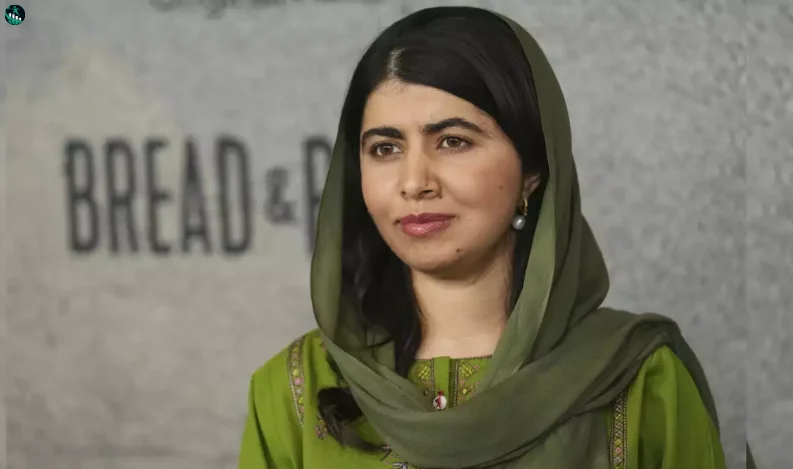
Malala Yousafzai Urges Muslim Leaders to Reject Taliban's Legitimacy
Nobel Peace Prize laureate Malala Yousafzai has urged Muslim leaders to avoid "legitimizing" the Taliban's rule in Afghanistan, calling on them to "show true leadership" by opposing the Taliban's restrictions on women's and girls' education.
At a summit on girls' education held in Islamabad, Pakistan, Yousafzai emphasized that Muslim leaders have the power to challenge the Taliban's policies. "Now is the time to raise your voices. You can show true leadership. You can show true Islam," the 27-year-old education advocate said.
The conference brought together ministers and education officials from numerous Muslim-majority countries, supported by the Muslim World League. Yousafzai's message was clear: the Taliban's gender policies, particularly those preventing women and girls from attending secondary schools and universities, are an affront to basic human rights.
Since taking control of Afghanistan in 2021, the Taliban government has imposed strict interpretations of Islamic law, which have been widely condemned as "gender apartheid" by the United Nations. The group has not only excluded women from educational opportunities but also from various government jobs and public life.
Malala condemned the Taliban's actions, stating, "Simply put, the Taliban do not see women as human beings." She accused them of using cultural and religious justifications to conceal their harmful actions.
As a teenager, Yousafzai was shot by the Pakistani Taliban in 2012 for advocating girls' education. Her courage in the face of violence earned her the Nobel Peace Prize in 2014. Since then, she has become an international voice for the rights of women and girls to receive an education.
In her speech, Yousafzai criticized the Taliban’s explicit goal to marginalize women, saying, "Their mission is to eliminate women and girls from every aspect of public life and erase them from society."
While the international community has widely denounced the Taliban’s restrictions, the debate over how to engage with Afghanistan remains divided. Some nations argue for isolating the Taliban diplomatically until they reverse their policies, while others support engagement to encourage change. Despite no country officially recognizing the Talib



Recent Comments: